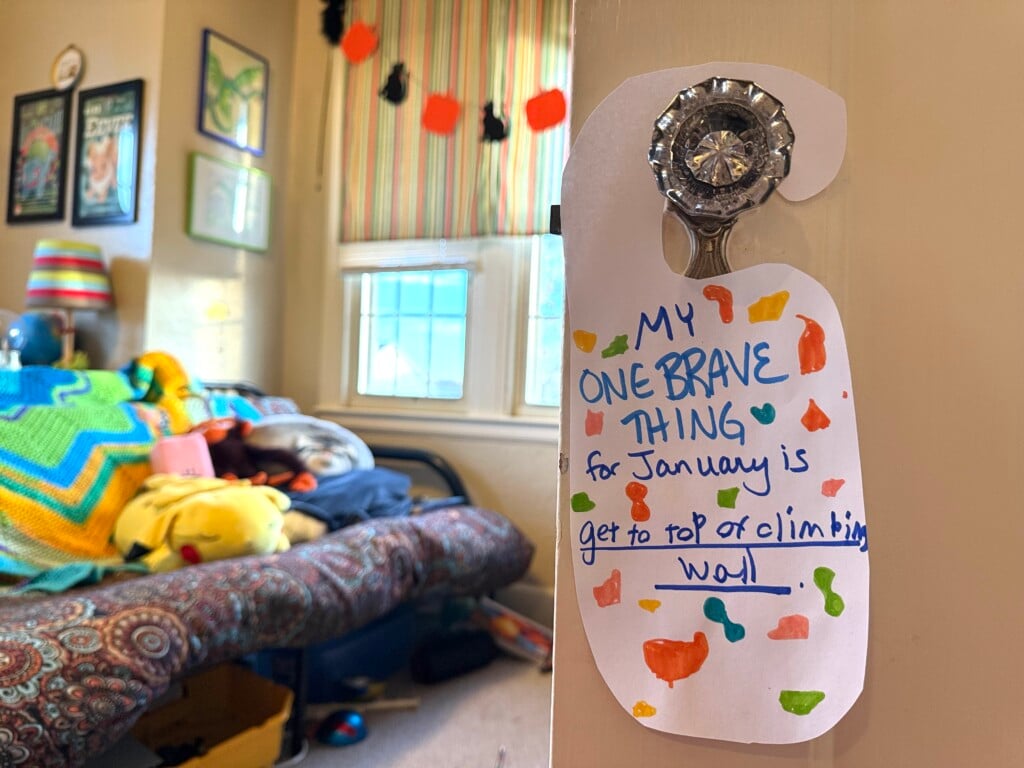Summertime Blues: Tips to Avoid Sibling Rivalry

As school ends and summer begins, siblings may be getting a little too much together time, creating normal conflicts that annoy even the most patient parents. There’s lots of useful information on what you can do to avoid sibling rivalry and resentment, but are there specific things you shouldn’t do or say? Let’s consider what the experts suggest:
Don’t compare
The first and most important thing is not to compare your kids. Whenever you draw a comparison, one kid inevitably comes up on top and the other at the bottom, even if that was never your intention. Comparisons, says Karen Stephens, author The Child Care Professional, “simply fuel rivalry.”
Debbie Pincus, a licensed mental health counselor with more than 25 years of experience, advises parents to instead approach each of their kids as an individual with unique strengths and weaknesses. She suggests viewing them “as a work-in-progress with different personalities and gifts and things they need to work on.”
Don’t label
You don’t want to compare your kids, but you don’t want to label them either. Experts agree that commonly used labels like “the smart one” or “the athletic one” are likely to foster resentment. If you refer to one of your kids as “the smart one,” says Ashley Patek, a certified parenting coach, your other kids may misinterpret that as meaning that they must then be the “less smart ones.” Pincus suggests that parents emphasize their kids’ behaviors instead of attributes: “You don’t have a smart child, you have a child with good study habits and who got good grades.”
Parents sometimes inadvertently label their kids as competitors. A good example of that is when you say in an exasperated voice, “Why can’t you kids ever get along?!” Instead, Stephens suggests, use language such as “I look forward to you two cooperating with each other.” That addresses your kids as collaborators or partners rather than as competitors.
Don’t play favorites
It’s normal for parents to feel closer to one of their kids from time to time, but don’t play favorites as that can easily foster rivalry and resentment. A common way that parents pick favorites is by taking sides during sibling conflict. One of your kids may more often than not be in the right, but that doesn’t mean that’s always the case or that you should automatically assume it to be the case.
“The right approach,” Pincus says, “is to be impartial. Don’t take sides and don’t assume that you know the whole story.”
Dr. Malini Saba, a child psychologist, adds that, “Rather than pointing fingers or trying to determine who’s at fault, remain focused on teaching both children how to handle the issue better next time.”
Don’t resolve conflicts
You want to teach your kids how to resolve conflict, but you definitely don’t want to do it for them unless there’s an immediate danger of physical harm. If you always intervene, says Dr. Jennifer Shroff Pendley, a child psychologist, you risk creating other problems. “Your kids may start to expect your help and wait for you to come to the rescue rather than learning how to work out their conflicts on their own. There’s also the risk that you inadvertently make it appear to one kid that the other is always being protected, which could also foster resentment.”
Instead, Dr. Pendley suggests, “try to resolve problems with your kids, not for them.” Simply put, don’t solve your kids’ conflicts but teach them how to work it out on their own.
Don’t force contrition
If your kids have had a conflict, don’t force them to say sorry to each other afterwards when that’s clearly not the case. All you’re doing is encouraging them to lie. Instead, let them cool off, suggest a way for them to make amends and then move on.
“Forgiveness comes more easily to children than most adults,” Stephens says. “A little time is usually what they need.”
You can also praise all the positive things that they do for one another on a daily basis. “Compliment siblings out loud whenever they get along,” Stephens says, and “give them a new privilege to reward their cooperative behavior.” This will promote sibling collaboration over rivalry.
Tanni Haas, Ph.D. is a Professor in the Department of Communication Arts, Sciences, and Disorders at The City University of New York – Brooklyn College.





